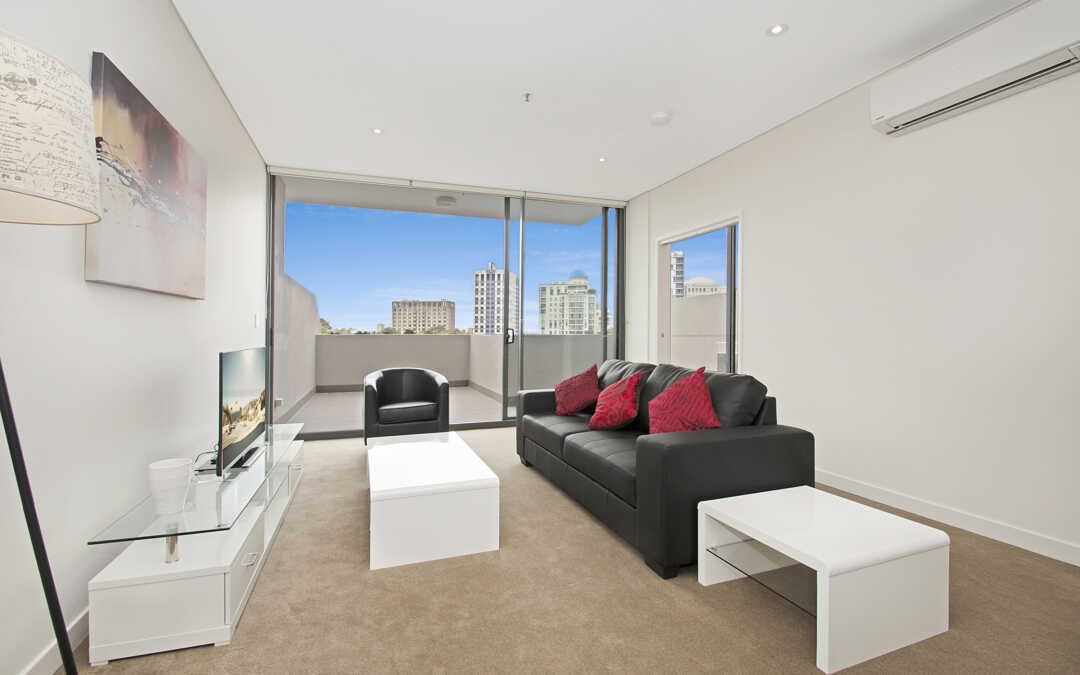Behind the increasing use of accommodation booking channels such as Booking.com, Agoda, Expedia and AirBnB is the supposition that the Booker has up to date information across a wide range of accommodation options, guest ratings and ‘live’ access to rates and availability. The Booker not only benefits from an efficient process, getting from requirement to booking confirmation quickly, but may also have access to ‘special rates’. However, for stays of longer than a couple of weeks, the ‘one size fits all’ approach that the booking channels adopt, does not always work well.
The on-line channels assume that Bookers, whether corporate or leisure, short stay or long stay have the same requirements. There are a number of areas where this on-line approach will not result in the best outcome for booking longer stays:-
A number of on-line channels have maximum stay restrictions.
Booking.com, amongst others, has maximum stay restriction of 30 nights. Extended stay bookings are therefore excluded from these channels.
Availability presented on on-line channels does not represent actual availability.
Providers often withhold some of their inventory from on-line channels so that they never risk over-booking, which could happen if a current guest extends their stay at short notice, for example. Also, on-line channels may show no availability for a particular room type (e.g. one-bedroom apartment) for dates requested, but it may be that the room type is only unavailable for the first part of a long stay. However, existing bookings can be reallocated to other rooms to make the required room type available.
Rates presented on on-line channels cannot be discounted for longer stays.
Most long stay providers discount rates for longer stays. Common practise is to set rates for 7-28 nights, 29-90 nights and 91 nights +. On-line channels cannot cope with this pricing approach.
Dynamic pricing is in practise for on-line channels, with nightly rates spiking up to four times normal rate when occupancy is high.
Dynamic pricing, or time-based pricing, is a pricing strategy that prices goods, commodities or services based on time. It matches demand to supply to maximize top-line revenues for the supplier. Dynamic pricing has been practiced by airlines for some time and is widely used by hotels, prices being set automatically by algorithms according to occupancy. At times of high occupancy, room rates can be inflated by three to four times the normal rate.
Extended stay providers recognise that corporate long stays require a static rate so that project budgets can be planned and there are no surprises.
Payment options are limited and there is no flexibility on method (credit card) or terms (pay on check in).
On–line channels require a credit card to confirm the booking and some take a deposit. For an extended stays the charge can blow out any but the most generous of credit limits for a traveller or corporate credit card. Payment is usually taken on check in.
Extended stay providers often require a credit card to guarantee the booking, but then invoice with flexible terms for payment and method of payment, whichever suits the corporate client.
Communications difficulties can hinder provision of non-standard requirements and make difficulties in arranging to meet guests for check-in.
There may be additional requirements that Corporate guests require such as parking, cot hire and other non-standard requests. Often colleagues working together on a project require adjacent rooms. The impersonal nature of the booking channels makes this more difficult than making direct contact with the provider. Other communications, such as arranging to meet and greet guests on check-in can also be hindered as there is an intermediary between the Booker and provider. Meet and greet is an important service to hand over the keys and ensure that guests are fully oriented in the apartment and the locality.
Cancellation terms may be more stringent, especially for ‘early bird’ specials
On-line channels will entice bookings with lower rates. However, there are usually strings attached, such as cancellations being charged the full rate. Bookers need to be fully aware of conditions, which are often hiding in the small print.
While using on-line channels to book accommodation may seem like an efficient approach, it may not be the best outcome for corporate bookers that require a high quality, cost effective accommodation experience for their assignees, with an easy enquiry, booking and payment process.


